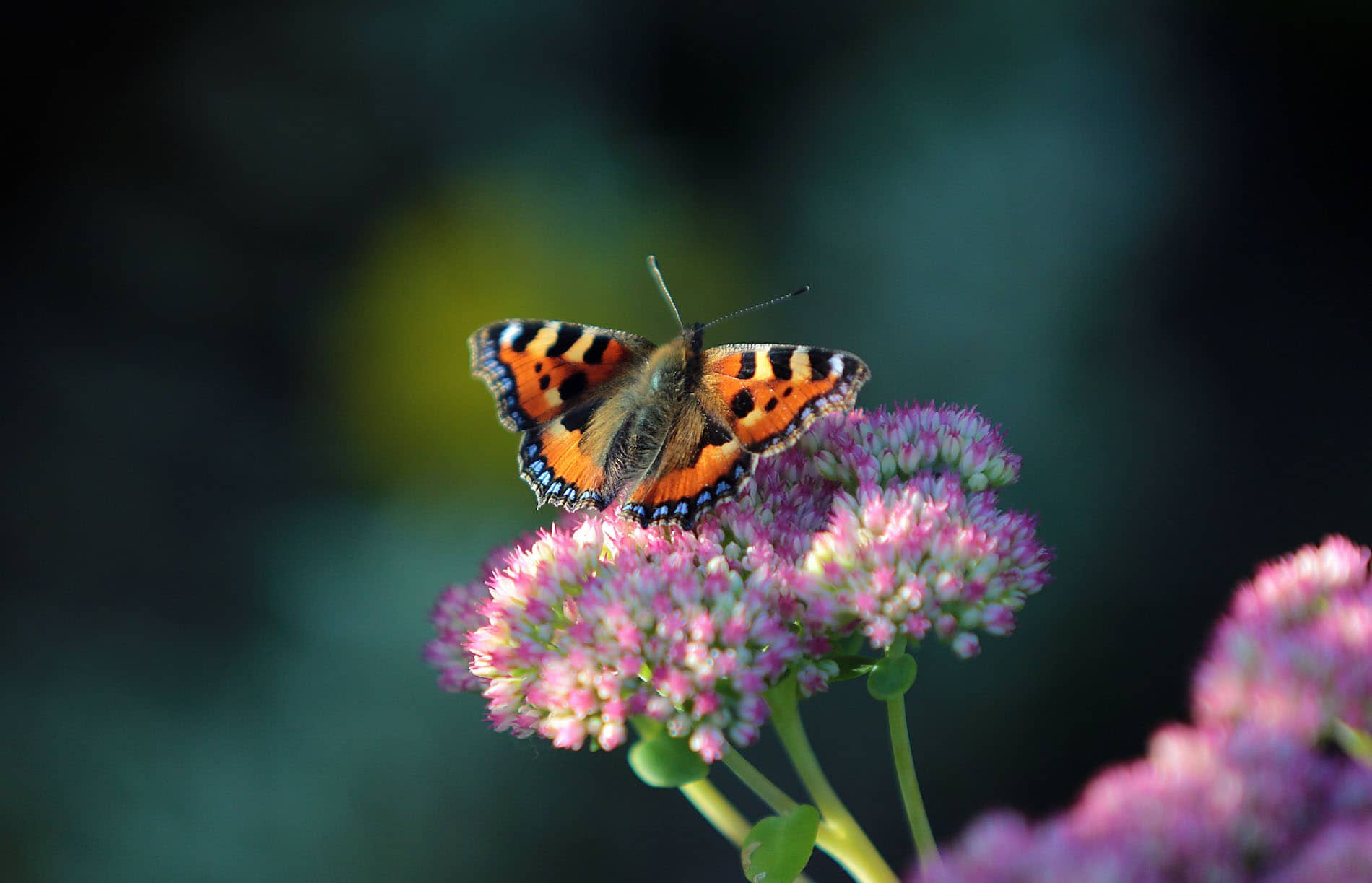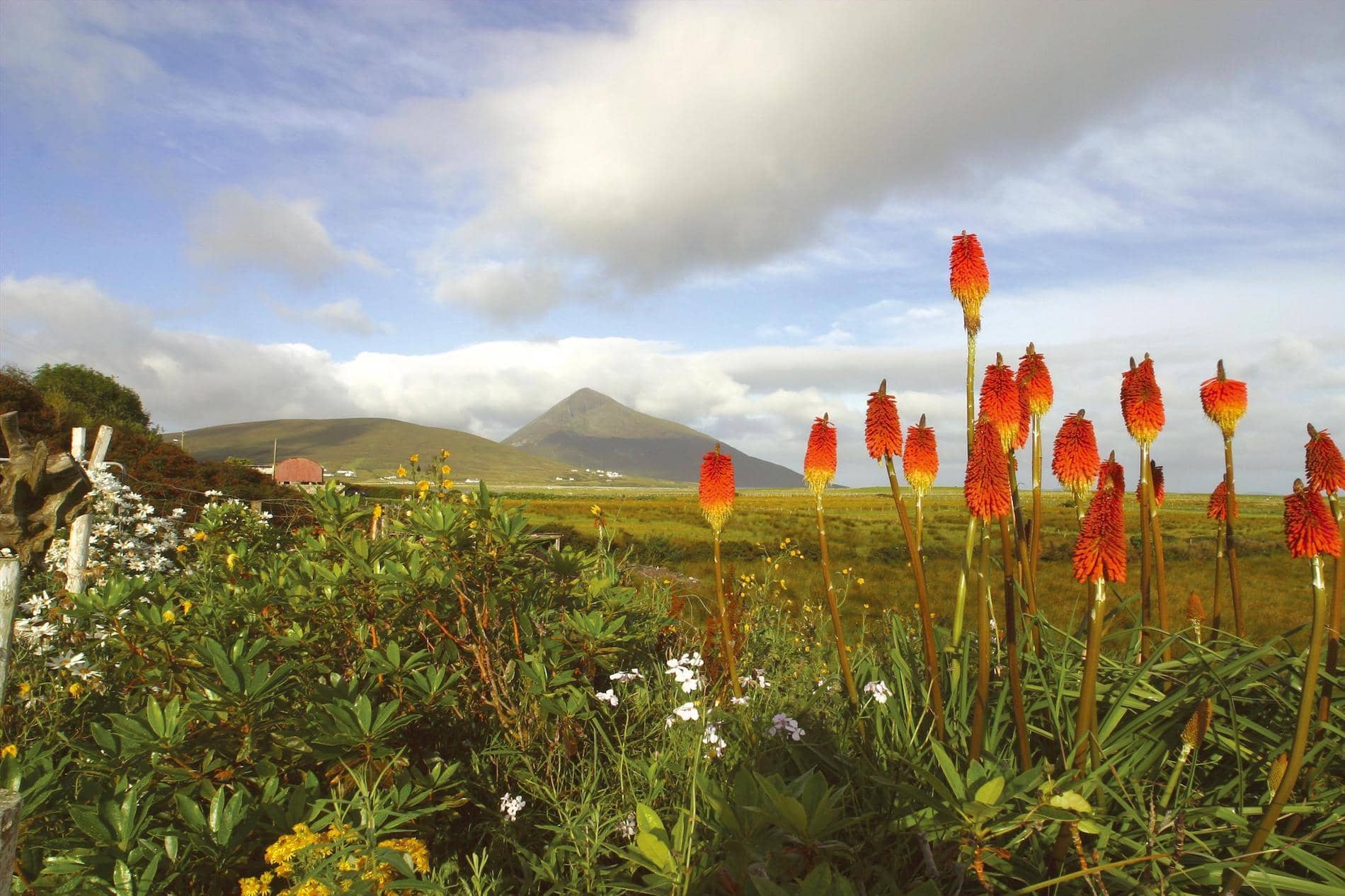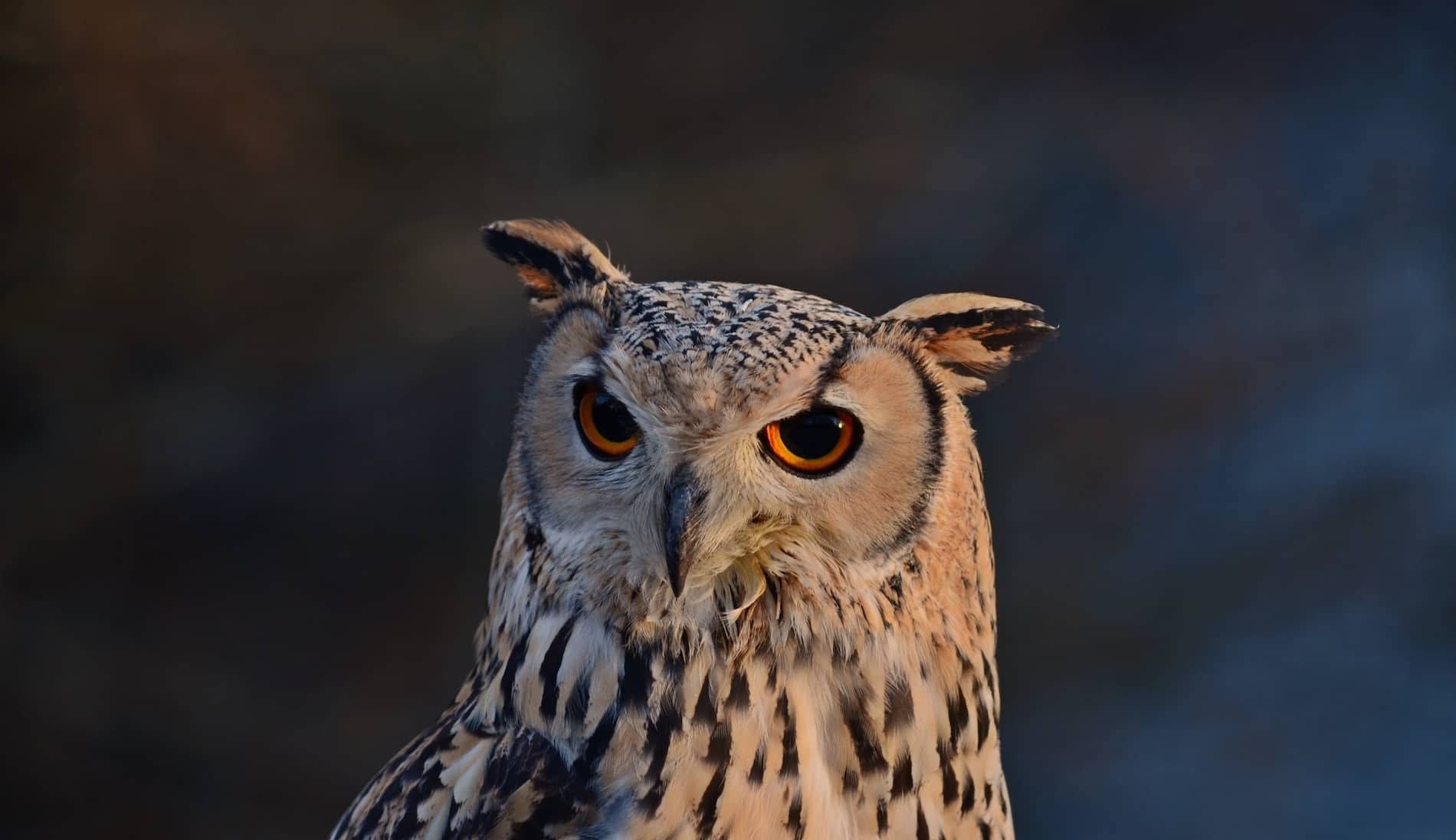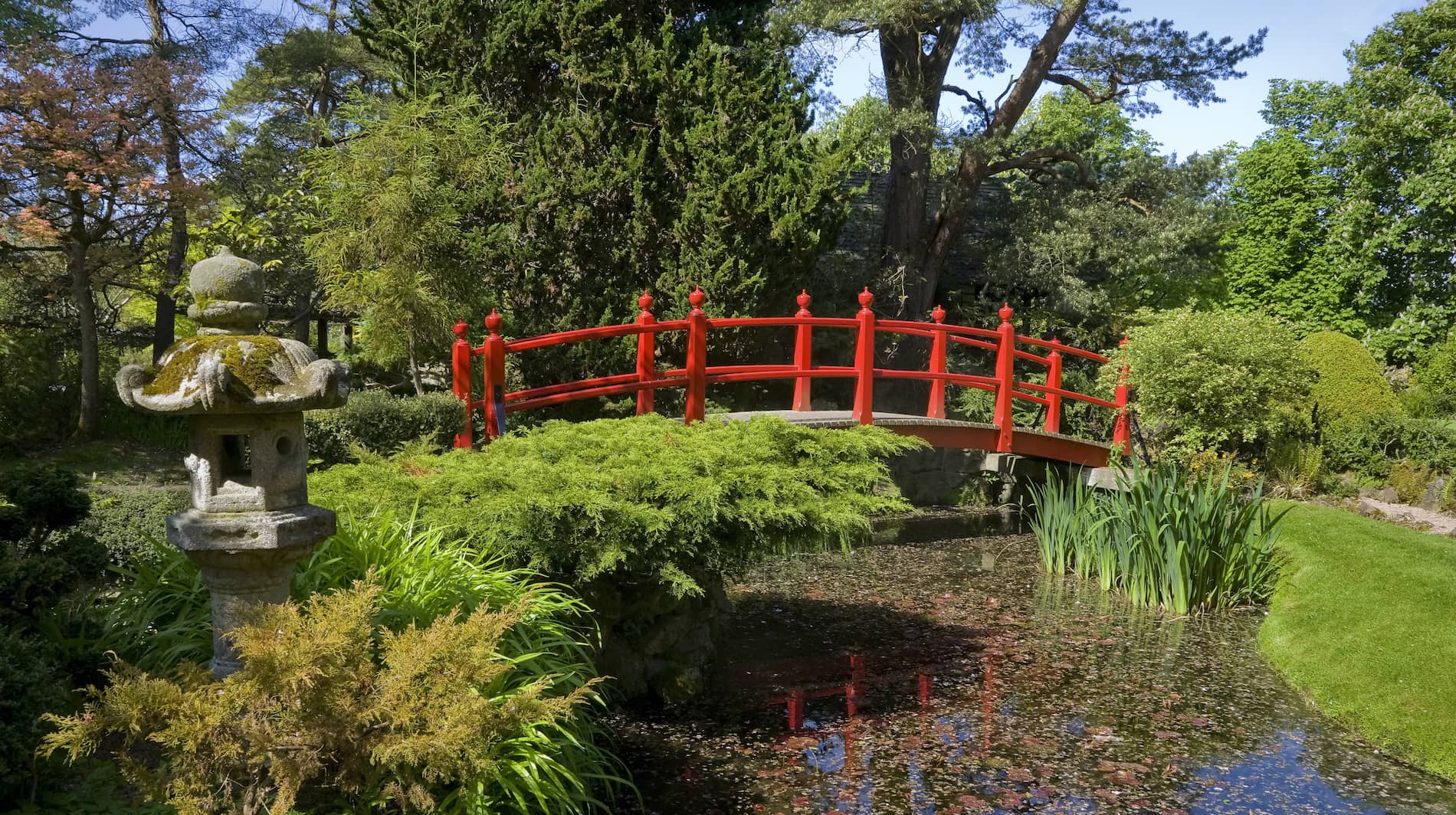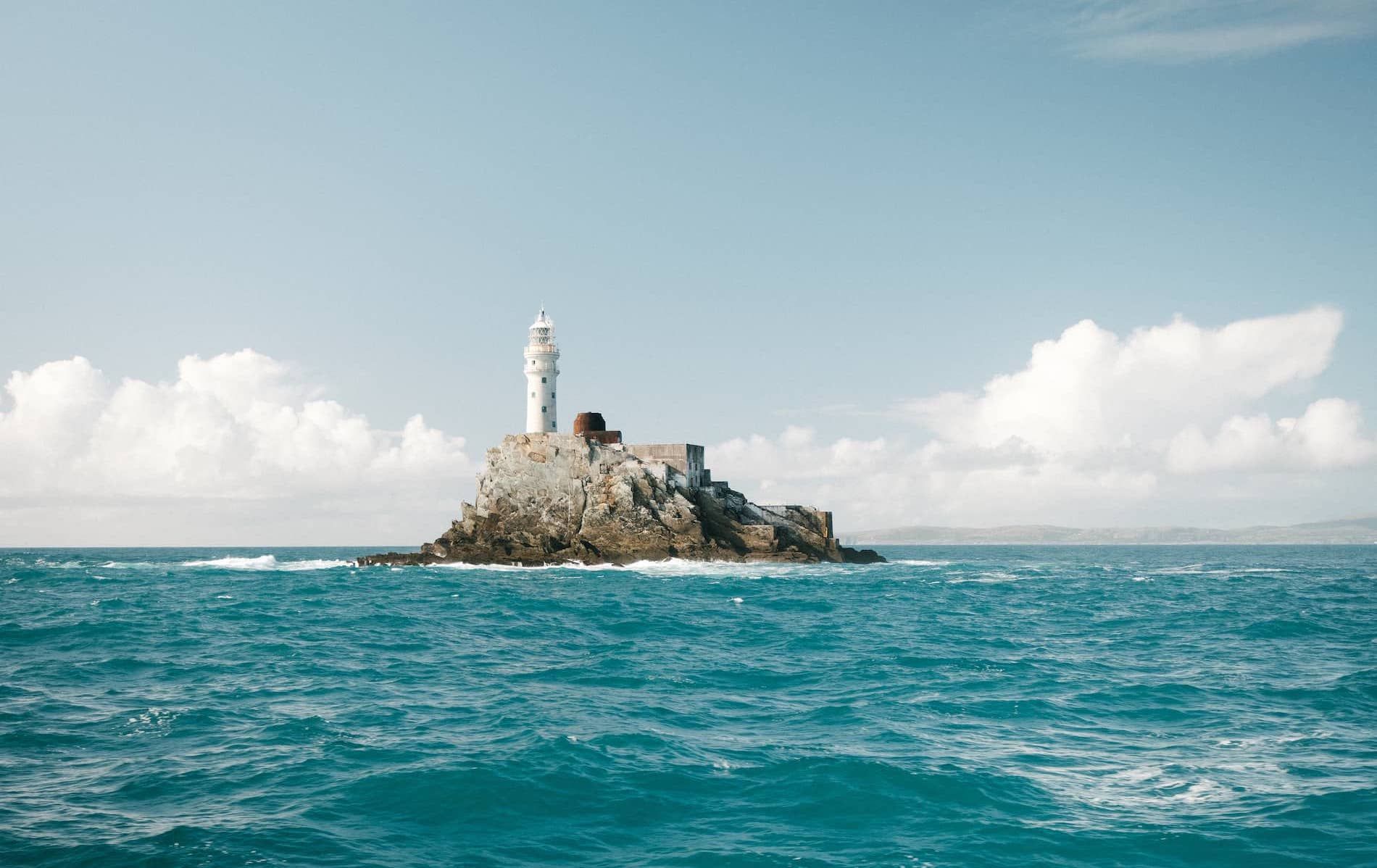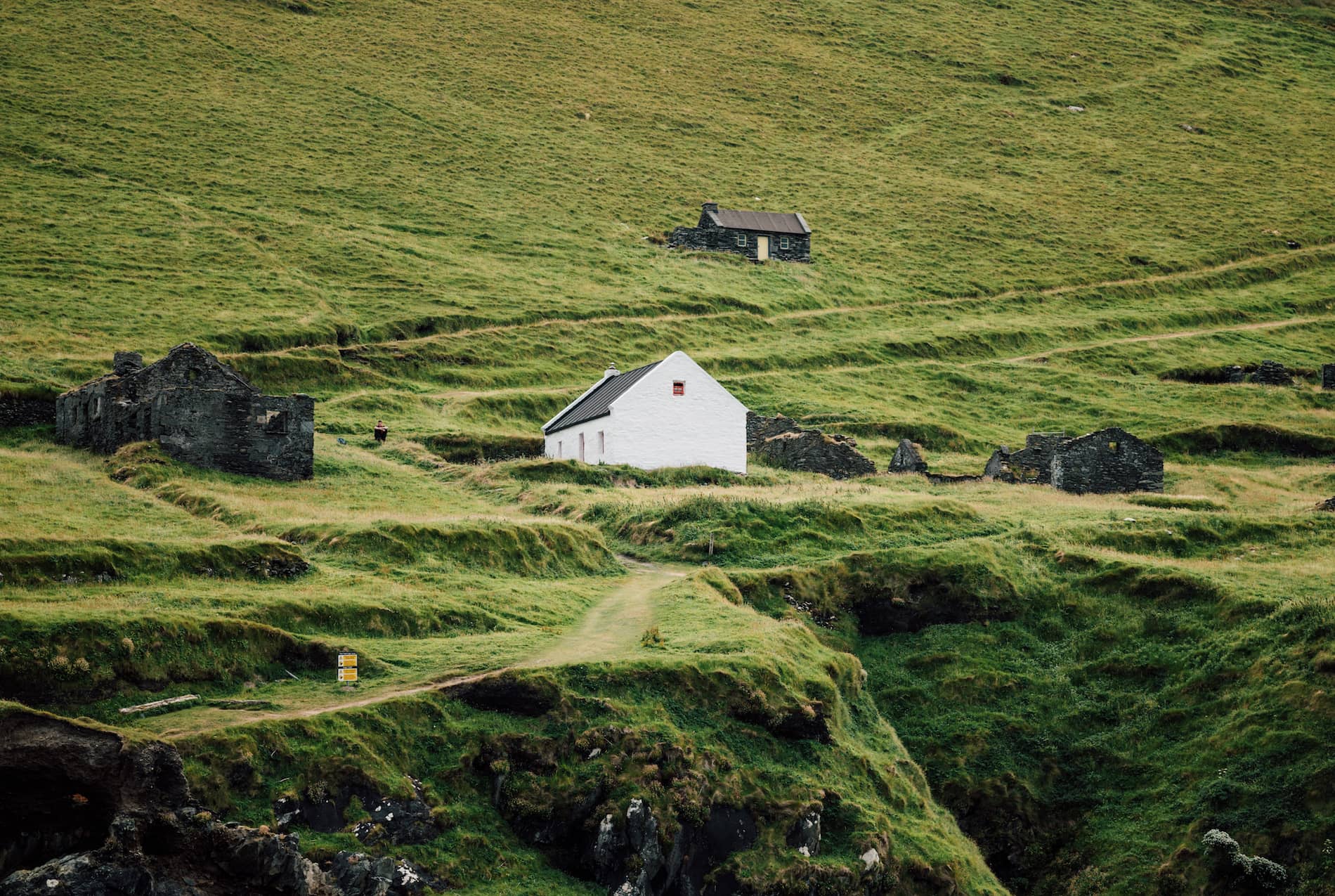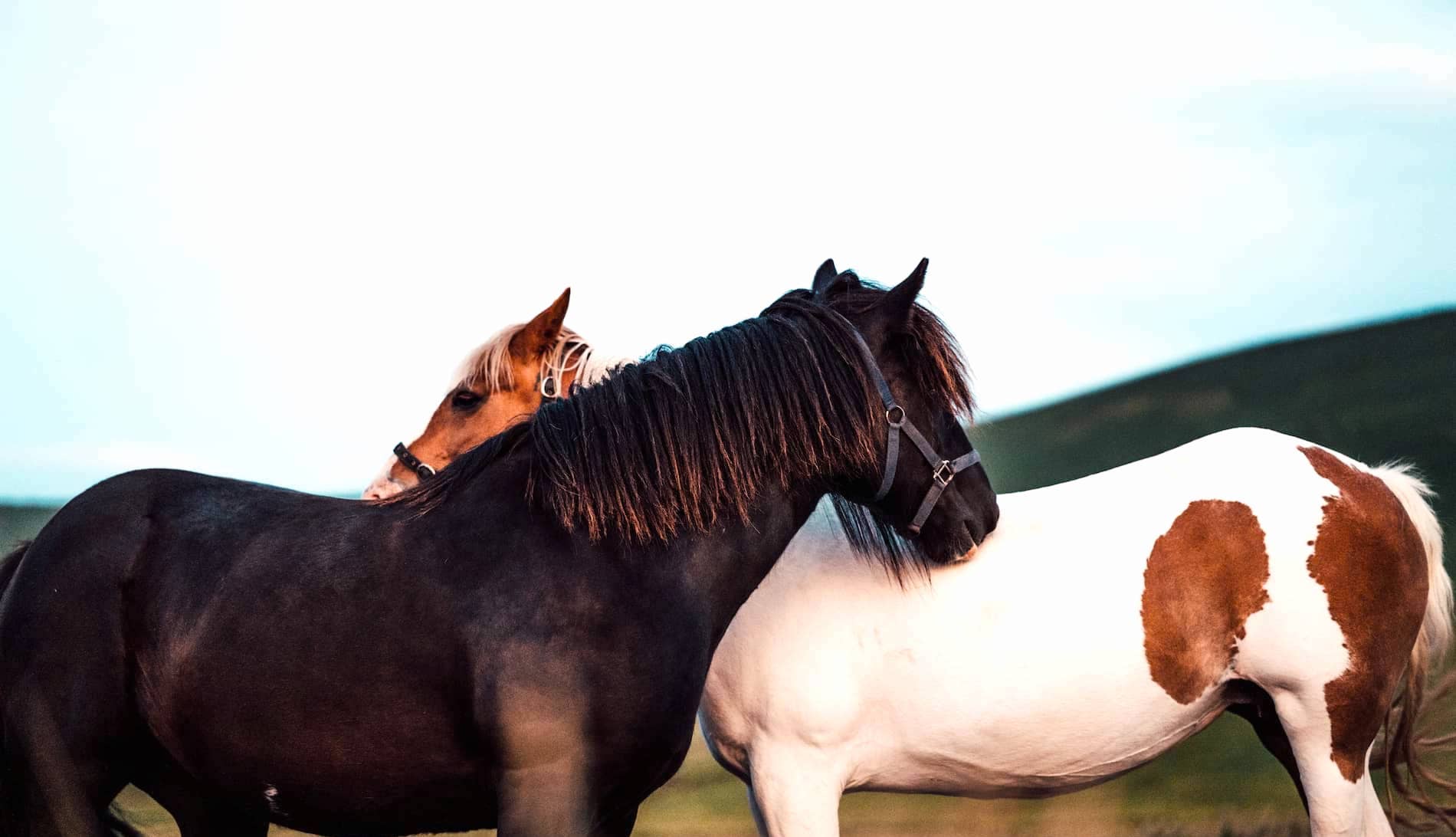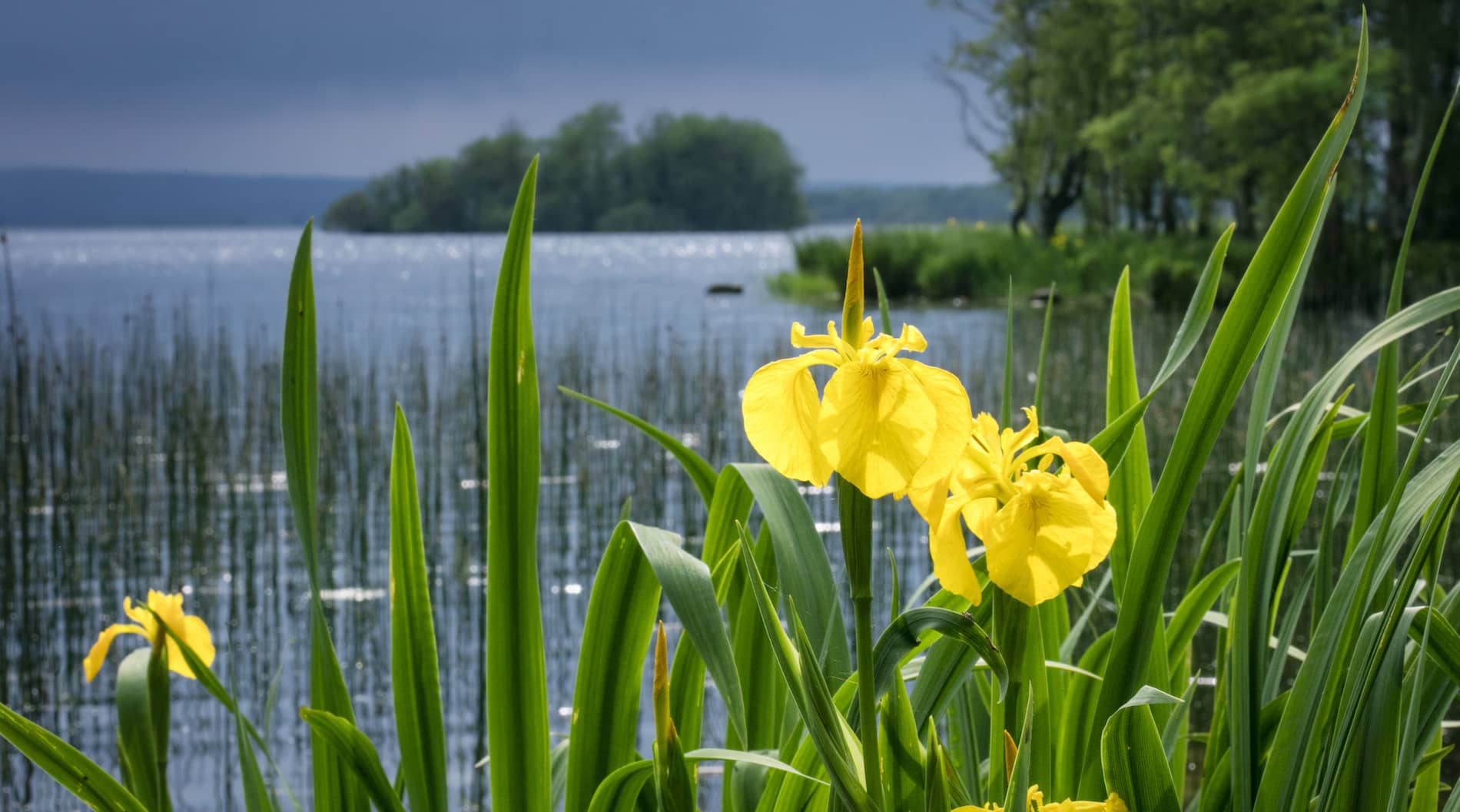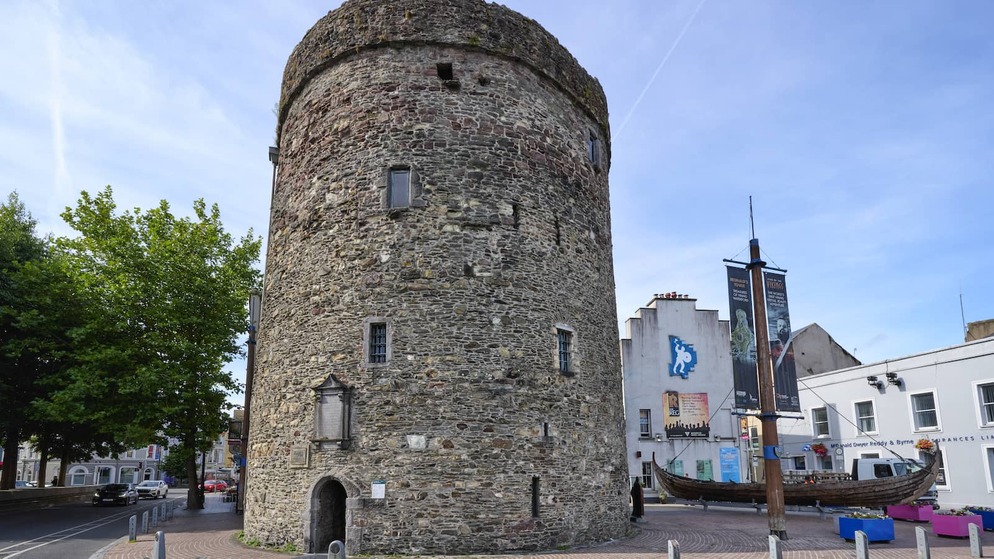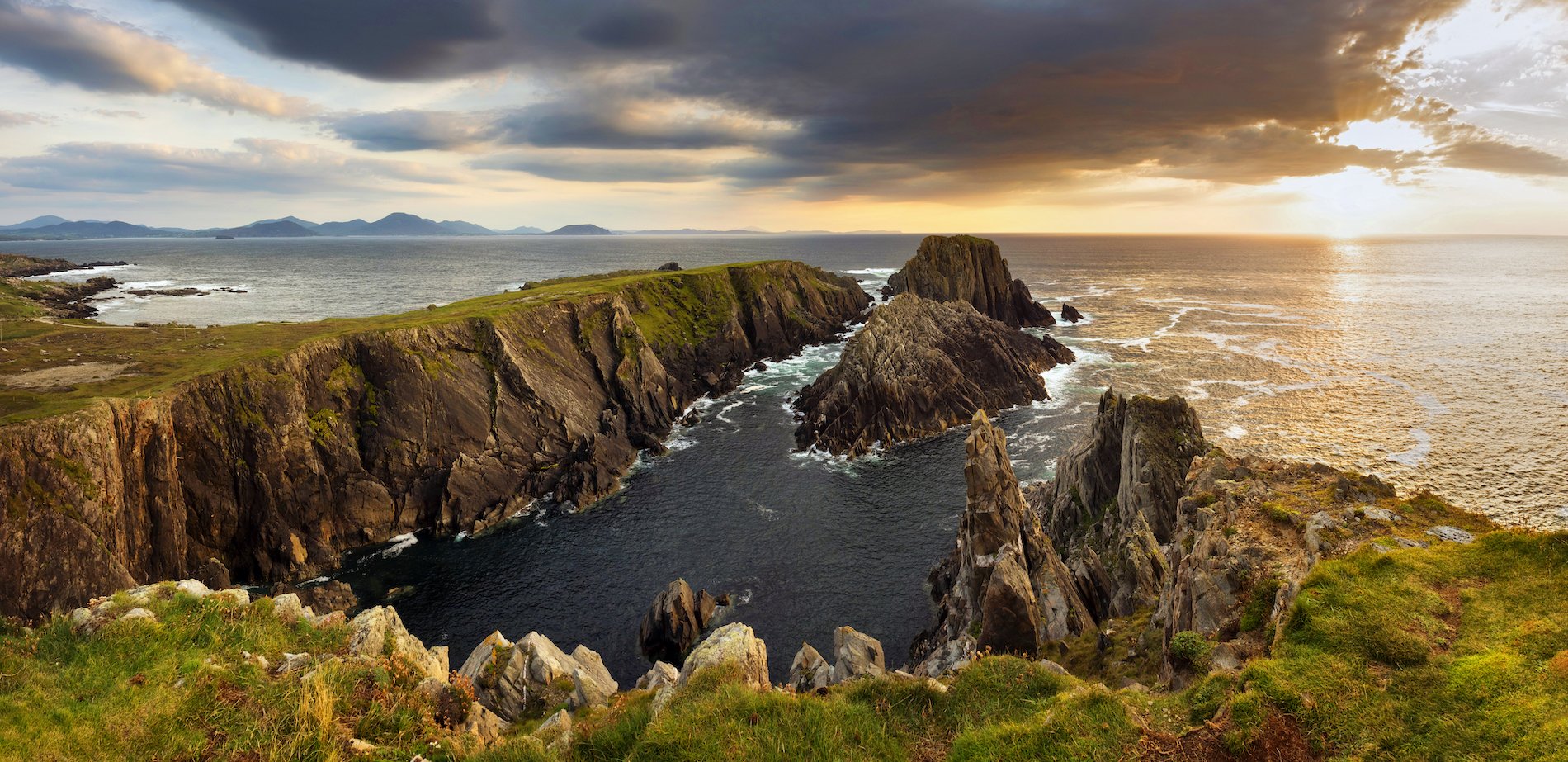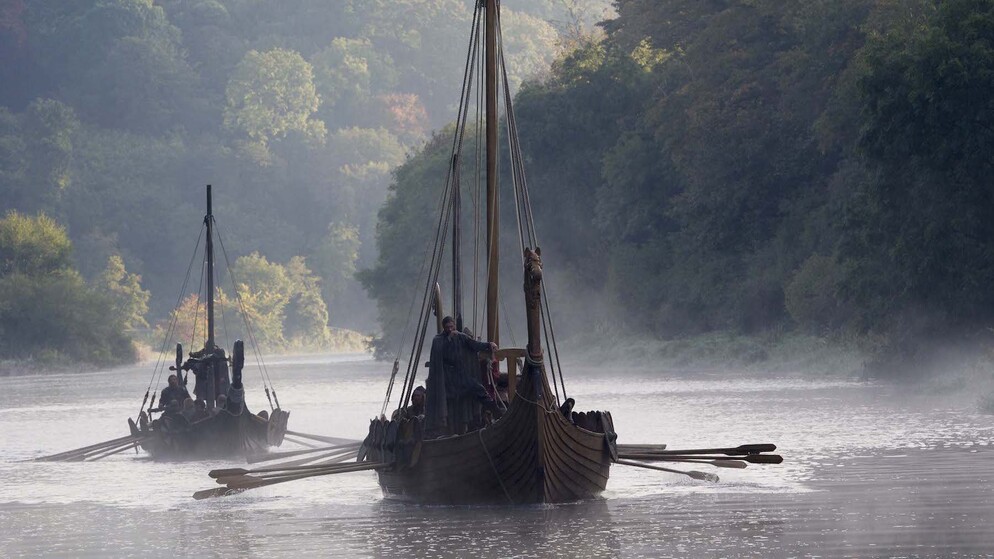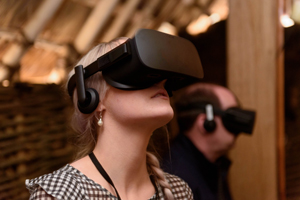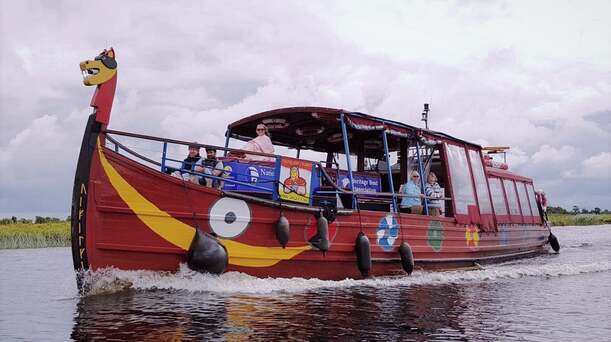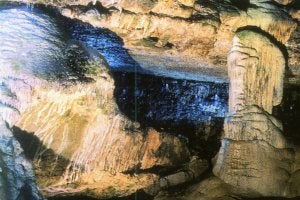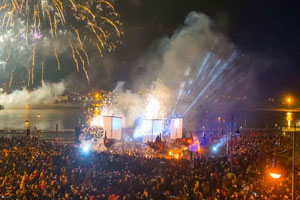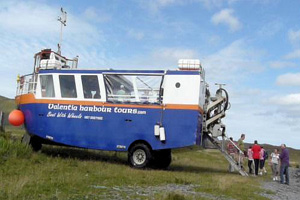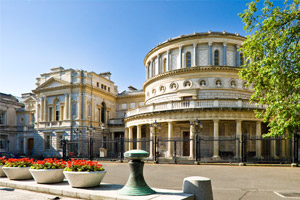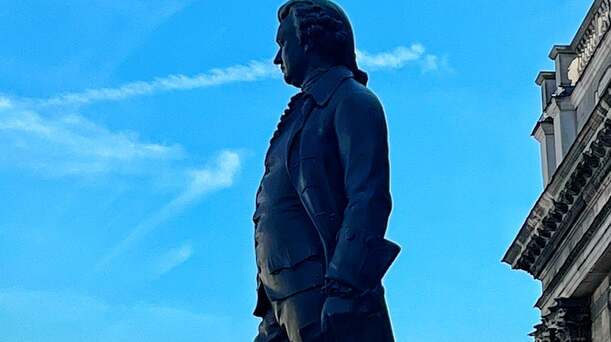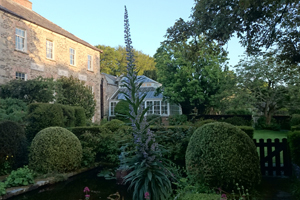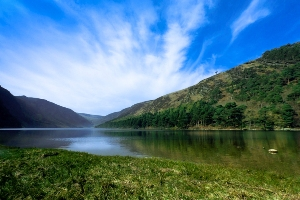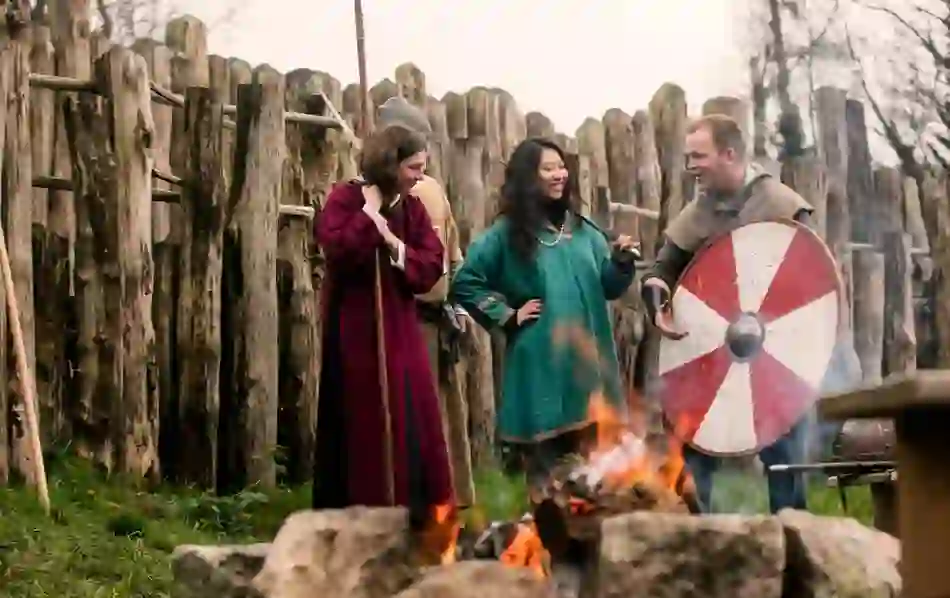
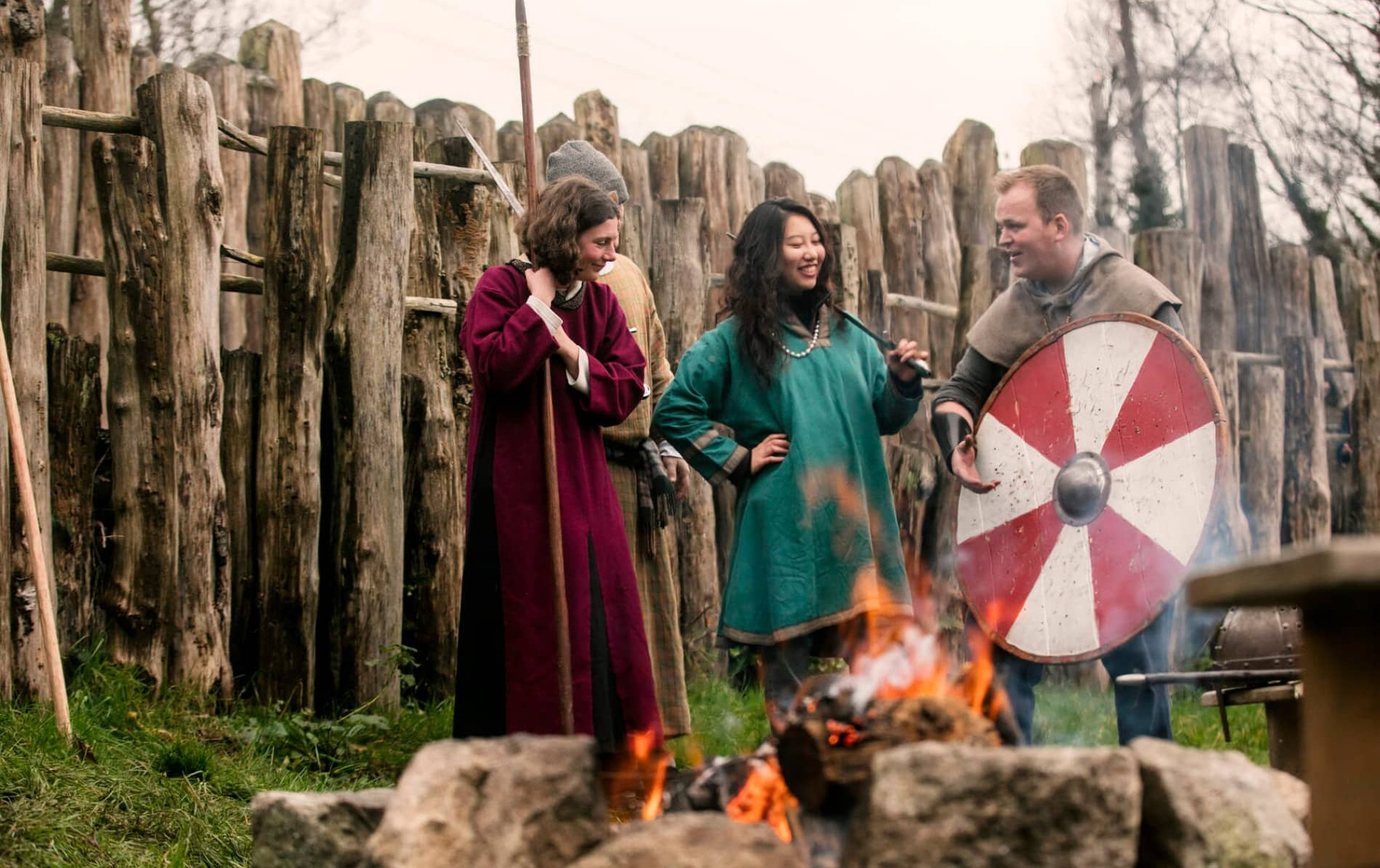
Ireland and the Viking influence
Irish National Heritage Park, County Wexford
Travel around the Viking Triangle of counties Waterford, Wexford and Kilkenny in the south-east of Ireland’s Ancient East, and you’ll see the legacy of the Vikings everywhere, from place names to the treasures they left behind.
The Vikings arrived to the east coast of Ireland to plunder in 795 AD, drawn by rich monasteries filled with gold and priceless treasures. But as time went on, the Vikings in Ireland settled, forged alliances, established trading routes with Europe and became a vital part of Ireland’s story.
The Viking Triangle
L-R: Viking sword, Waterford city; St Reginald's Tower; Ardmore, County Waterford; Medieval Museum, County Waterford
Rich in history and folklore, Waterford is one of Ireland’s oldest cities – a bustling mix of narrow streets, medieval walls and charming cafés. Founded in 914 by Viking settlers, the city gets its name from the Norse word "Veðrafjorðr", meaning "windy fjord". From these humble beginnings, Waterford city grew into a flourishing medieval port, which dominated trade between Ireland and its European neighbours for centuries.
Waterford's Reginald’s Tower (supposedly its name comes from a Viking ruler) is the oldest civic building in Ireland and has been in continuous use for over 800 years in various guises. Today, it houses an exhibition on Viking treasures.

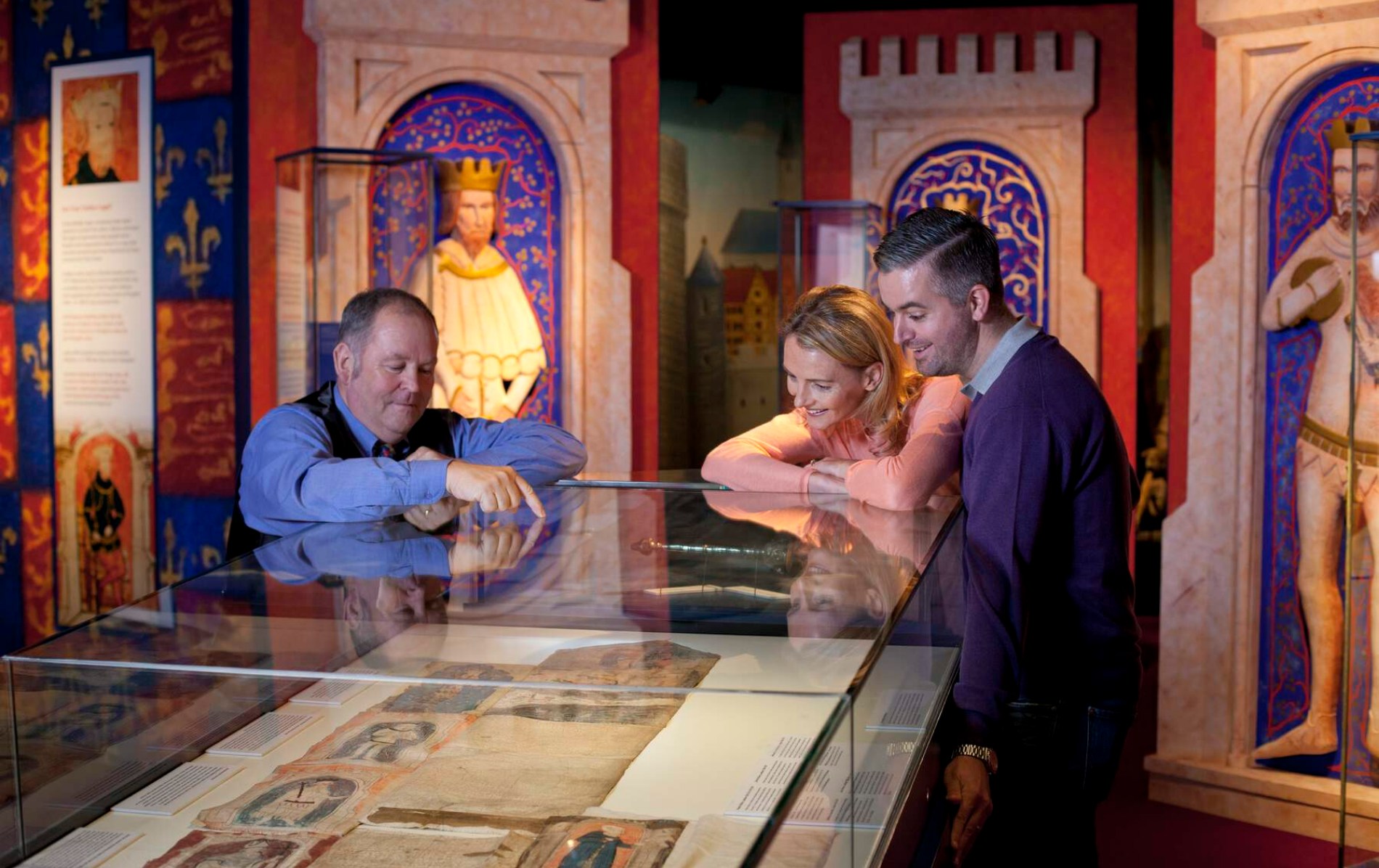
Medieval Museum, Waterford Treasures, Waterford city
While Waterford may be a small city, it has a big reputation as one of Ireland's most important centres of Viking history. It even has its very own Viking Triangle, which contains five museums (Medieval Museum, Bishop's Palace, Irish Silver Museum, Irish Museum of Time and King of the Vikings). Together, the museums are known as the Waterford Treasures.
Housed in these buildings are multiple, priceless treasures including the Great Charter Roll of 1373, depicting the city as it appeared in the 14th century, and the magnificent Waterford Kite Brooch, crafted from gold and silver.
Outside the city, at the 12th century monastic site at Ardmore, you'll see a fine example of a round tower. Its purpose? To provide refuge from marauding Vikings.

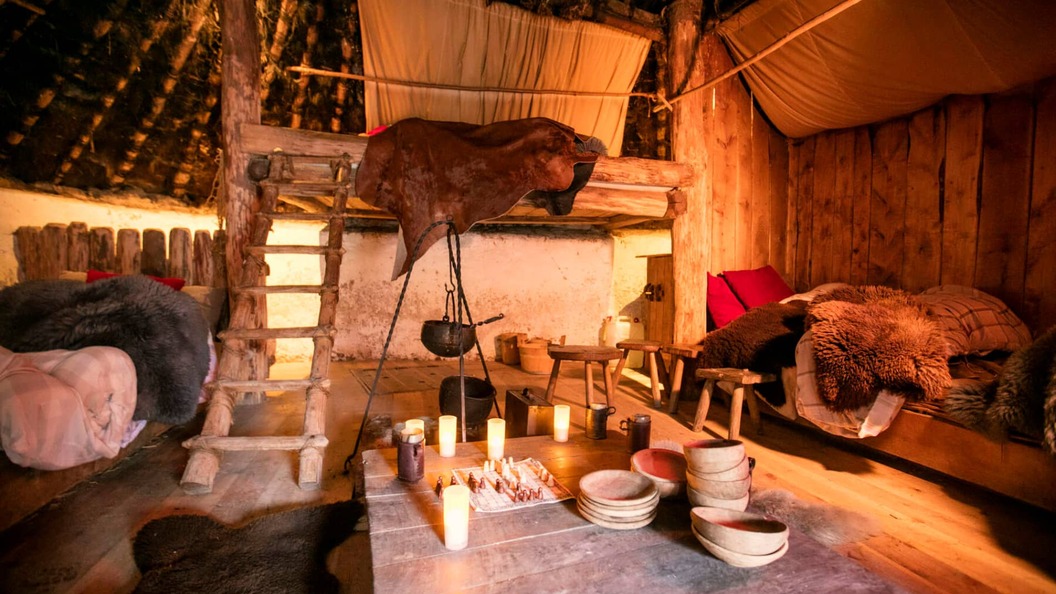
Irish National Heritage Park
Irish National Heritage Park
Wander through the ages and live like a Viking for a day!
Sea tales, stormy characters and centuries of history are imprinted on the landscapes and towns of Wexford. And the Vikings played a starring role in that history from the early 9th century when they established a small settlement at the mouth of the River Slaney, which they called "Ueigsfjord", meaning "the ford of the waterlogged island".
Today, you can see their legacy in a less obvious way. Many of their names are still carried on by the local population, including surnames such as MacAuliffe (Son of Olaf) and MacManus (Son of Magnus).

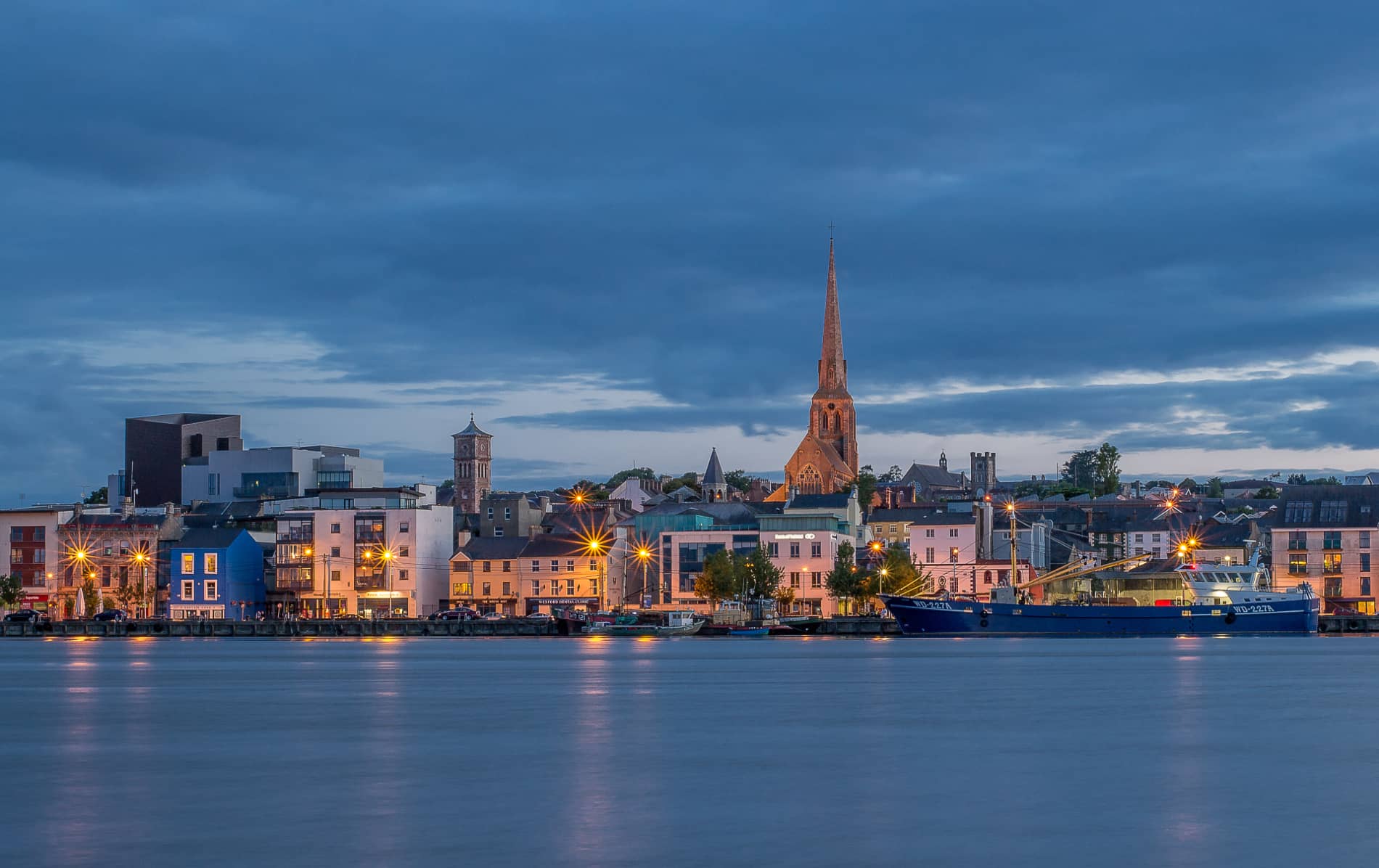
Wexford town
© Shutterstock
The Vikings spent 300 years making Wexford a true Viking town. They worked as traders, became allies to the local Gaelic kings and hired themselves out as mercenaries. You can still see their influence as you walk through the winding streets of the town centre, as most of the narrow lanes slope down towards the quay. Because in a Viking town, all roads lead to the water.
If you want to see up close how the Vikings may have lived, head to the Irish National Heritage Park, where you can see a replica of a Viking village and stay the night in a Viking house.
If you want to experience Wexford at its bustling best, make sure you visit during the annual Wexford Festival Opera, a fixture in the town’s cultural life since 1951.

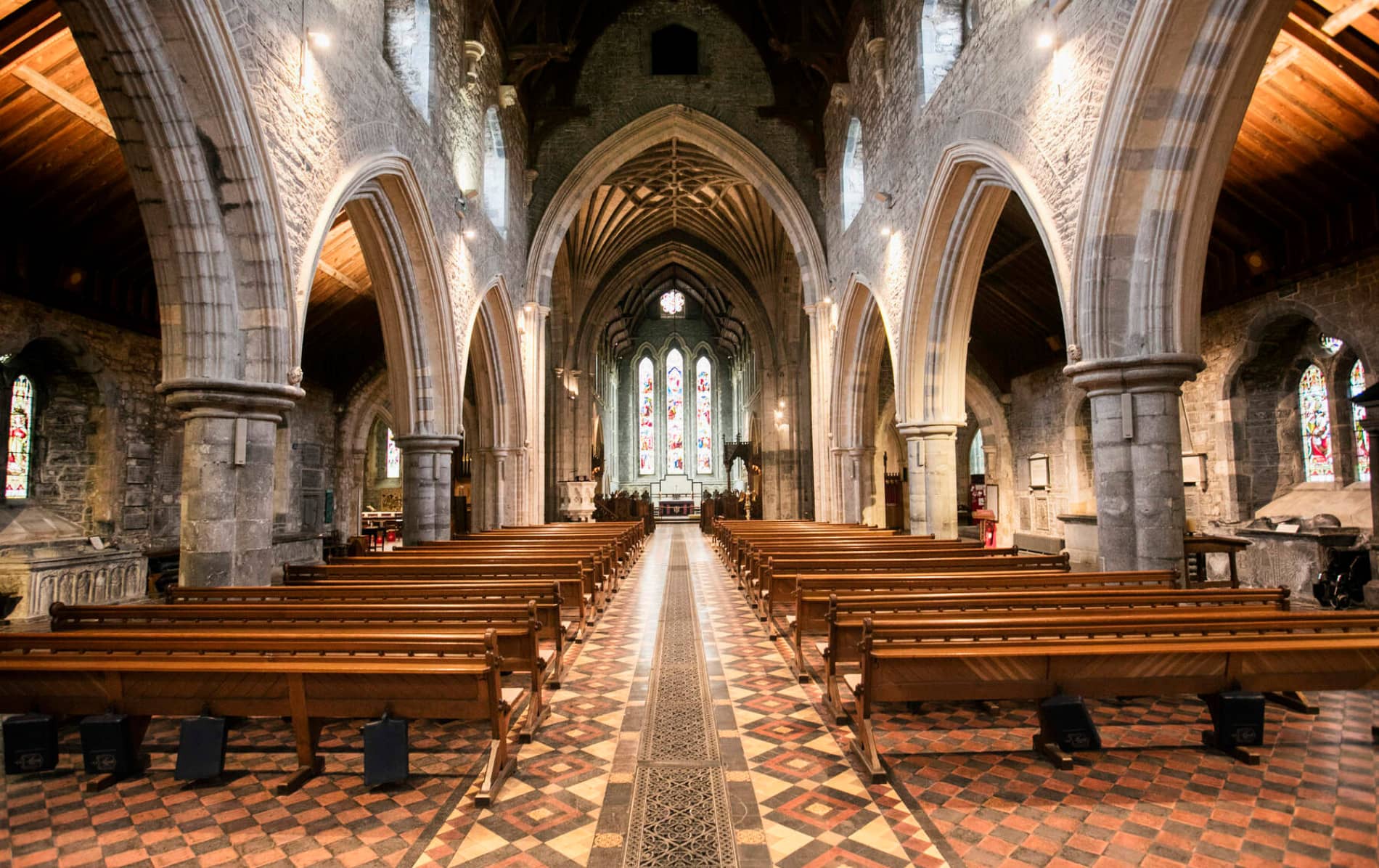
St Canice's Cathedral, County Kilkenny
Kilkenny’s history stretches back into the early 6th century, but its Viking legacy is buried deep below the earth. The city itself has no reports of Viking attacks, likely because it was a part of the mighty kingdom of Ossory, which gained strength in the Viking Age. Even Kilkenny's church, now St Canice's Cathedral on the city's Medieval Mile, was left untouched by the Norsemen. But not everywhere was so fortunate.
According to ancient annals, the Dunmore Caves in Castlecomer have a sinister tale to tell. It's said they were the scene of a massacre of 1,000 people – mostly women and children of a local tribe – by Vikings in 928.
This spot became even more rooted in Viking legacy when a treasure hoard of silver and bronze was discovered by a tour guide in 1990s. It included buttons from a cloak – described by some as an expensive Viking fashion item of the period.
So, what part of the Viking Triangle will you be visiting first?
Viking Ireland highlights
See where else on the island of Ireland the Vikings had an impact





